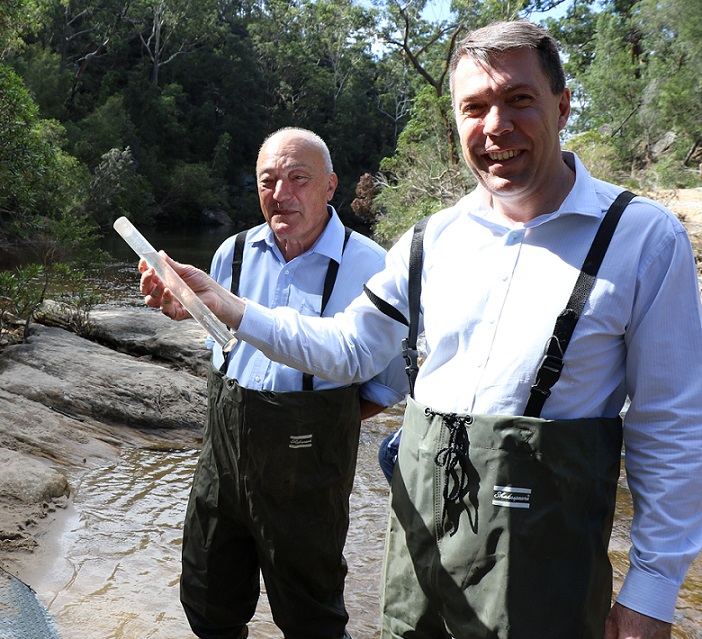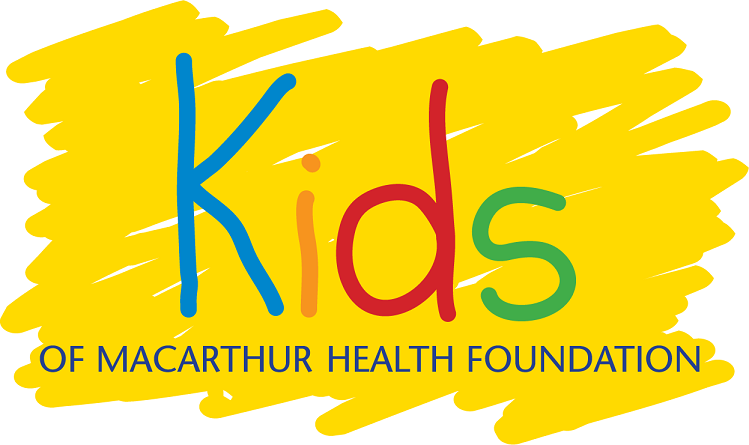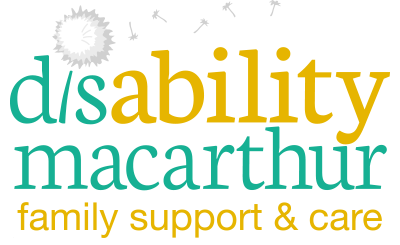A revolutionary new scientific technique will be used to discover how many platypus call the Georges River home.
Platypus Pals – a new research project to be launched by Campbelltown Council later this year – will use environmental DNA (eDNA) to test for the presence of Platypus DNA in the water of the river that runs on the eastern side of the town.
The strength of the DNA in the sample will help council’s city delivery team determine the size and key hotspots of the platypus population in the upper reaches of the Georges River.
“There has been some past research targeting platypus living in the Georges River and we have a lot of anecdotal evidence that they are still present but this hasn’t been scientifically confirmed in close to 10 years,” says mayor George Brticevic.
“This great project will help us find out how many platypus call the Georges River home and will help us understand how we can help a healthy population flourish,” Cr Brticevic said.
“We’ll have opportunities along the way for the community to get involved in this project and become Platypus Pals,” he said.

Data from the project will help staff investigate the key issues that will ensure any platypus discovered are helped to thrive.
These could include targeting areas for pollution reduction, habitat enhancement, environmental restoration works, opera house yabby trap intervention and education with river users such as anglers.
The project will also see educational signage and tangler bins installed at key locations to assist anglers dispose of fishing materials and help educate them on how they can reduce their impact on platypus.
The project will be funded by $20,000 from the Communities Environment Program obtained through Macarthur Federal MP Dr Mike Freelander.
All data will also be forwarded to the Great Australian Platypus Search and PlatypuSPOT, which forms part of a national assessment to improve the health of platypus across Australia.



